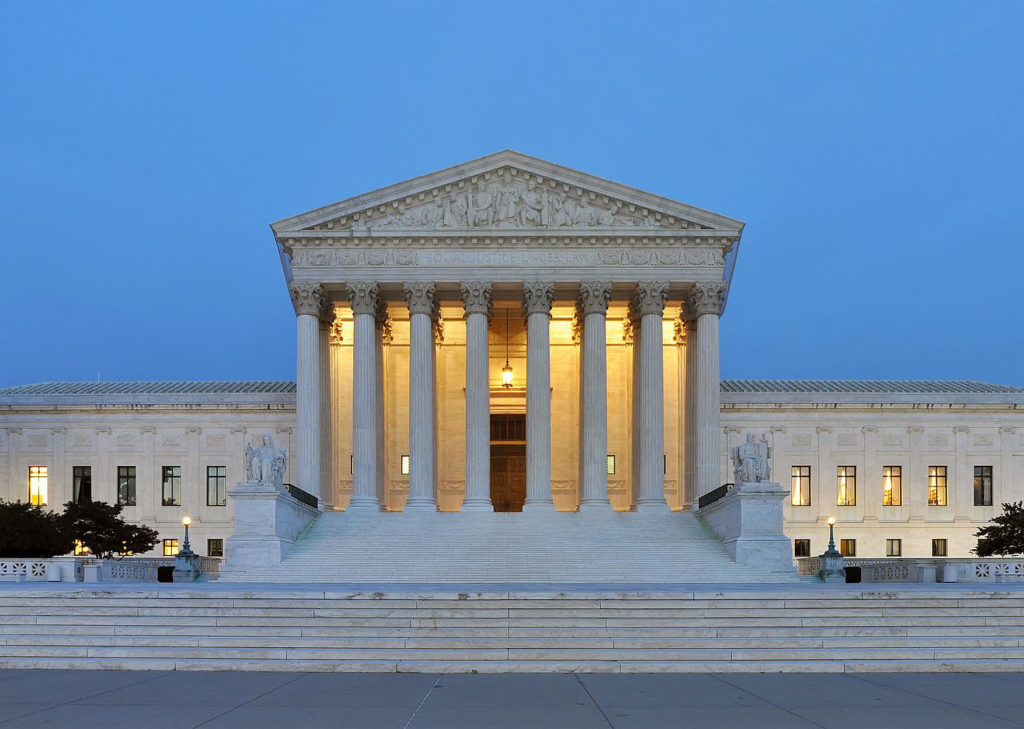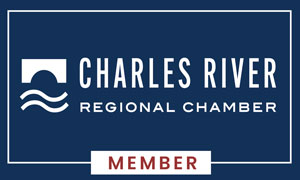Summary of The American Health Care Act
This summary is written using the House Ways and Means Committee’s summary and the Kaiser Family Foundation sources. This bill repeals the Patient Protection and Affordable Care Act and the health care provisions of the Health Care and Education Reconciliation Act of 2010, effective January 1, 2016. This bill has several steps to move through before it becomes law. The two bills that compromise the AHCA were introduced into the House Energy and Commerce Committee and the Ways and Means Committee and passed both on March 9, 2017. The bill next goes to the House Budget Committee then the Rules Committee before going for a vote on the House floor. If passed, it will then go to the Senate under budget reconciliation rules.
Nothing in this summary is intended to create an attorney-client relationship, to give legal advice, or to give an opinion. If you have an issue requiring legal advice, please contact your attorney directly.
Repeal and Replace of Health-Related Tax Policy
Section 1 Recapture Excess Advance Payments of Premium Tax Credits
In tax years 2018 and 2019, any individual who was overpaid in premium tax credits must repay the entire excess amount, regardless of income.
Section 2 Additional Modifications to Premium Tax Credit
In tax years 2018 and 2019, premium tax credits can only be used for the purchase of “catastrophic-only” qualified health plans and certain qualified plans not offered through the Exchange. Also prohibits these credits to be used to purchase plans that cover elective abortion services.
Section 3 Premium Tax Credits
Beginning in tax year 2020, replace the ACA income-based tax credits with flat tax credits adjusted for age. These are:
- $2,000 for an individual under 30
- $2500 age 30 to 39
- $3,000 age 40 to 49
- $3,500 age 50 to 59
- $4,000 age 60 and over
Eligibility for the credit starts to phase out at incomes above $75,000 for single individuals, reducing at 10 cents for every dollar of income above $75,000 until income of $95,000 for single individuals age 29 and $115,000 for single individuals 60 and older.
For joint tax filers eligibility phases out at $150,000 of income, reducing to zero at $190,000 for couples up to age 29, $230,000 for couples age 60 and older, and $290,000 for couples claiming the maximum family credit amount (up to 5 oldest members).
Those who enroll in Medicaid, Medicare, or public employee health benefit programs would not be eligible for the credits and eligibility is further limited to those who do not qualify for employer provided plans.
Section 4 Small Business Tax Credit
Beginning in tax year 2020, the Small Business Tax Credit will be repealed. In the years 2018 and 2019 it is unavailable to any plan that covers elective abortion services.
Section 5 Individual Mandate
For months beginning after December 31, 2015, the individual mandate to purchase insurance is repealed, providing retroactive relief to those who paid the penalty in tax year 2016.
Section 6 Employer Mandate
For months beginning after December 31, 2015, the employer mandate to provide health insurance is repealed, providing retroactive relief to those who were subject to the mandate in tax year 2016.
Section 7 Repeal of the Tax on Employee Health Insurance Premiums and Health Plan Benefits
The ACA’s 40% excise tax on high cost employer-sponsored health coverage, also known as Cadillac plans, will only apply to taxable periods after December 31, 2024.
Section 8 Repeal of the Tax on Over-The-Counter Medications
Beginning tax year 2018, the ACA tax on over-the-counter medications is repealed, and thus allowing them to be defined as qualified medical expenses.
Section 9 Repeal of Increase of Tax on Health Savings Accounts
Effective after December 31, 2017, distributions from an HSA or Archer MSA that are not used for qualified medical expenses will be taxed at pre-ACA levels.
Section 10 Repeal of Limitations on Contributions to Flexible Savings Accounts
For taxable years after December 31, 2017, limitations on health FSA contributions are repealed.
Section 11 Repeal of Medical Device Tax
For taxable years after December 31, 2017, the ACA’s 2.3% excise tax on the sale of certain medical devices is repealed.
Section 12 Repeal of Elimination of Deduction for Expenses Allocable to Medicare Part D Subsidy
Beginning tax years after December 31, 2017, reinstate the Retiree Drug Subsidy for employers who offer sufficient prescription drug coverage for their employees.
Section 13 Repeal of Increase of Income Threshold for Medical Expense Deduction
Beginning in 2018, restores the pre-ACA adjusted gross income percentage threshold for medical expense deductions to 7.5% for all taxpayers and extends the special 10% rule for taxpayers 65 and over for this year.
Section 14 Repeal of Medicare Tax Increase
Repeals the 0.9% Medicare Hospital Insurance surtax beginning in 2018.
Section 15 Refundable Tax Credit for Health Insurance
Creates an advanceable, refundable tax credit for the purchase of health insurance and unsubsidized COBRA coverage. Credit are adjusted for age (listed above) and capped at $14,000 for a family. Employers can report offer of coverage on the W-2.
Section 16 Maximum Contribution Limit to Health Savings Account Increased to Amount of Deductible and Out-of-Pocket Limitation
Increases the basic limit on aggregate HSA contributions to at least $6,550 for self-only coverage and $13,100 for family coverage beginning in 2018.
Section 17 Allow Both Spouses to Make Catch-Up Contributions
Beginning in 2018, allow both spouses to make catch-up contributions to one HSA.
Section 18 Special Rule for Certain Medical Expenses Incurred Before Establishment of HSA
Beginning in 2018, if an HSA is established within 60 days of an individual’s coverage under a high-deductible plan begins then qualified medical expenses are covered.
Subtitle 1 Repeal of Tanning Tax
Section 1
Beginning in 2018, repeal the 10% ACA sales tax on indoor tanning.
Subtitle 2 Repeal of Net Investment Tax
Section 1
Beginning in 2018, repeal the ACA 3.8% net investment tax that was imposed on certain individuals, estates, and trusts with income above certain amounts.
Subtitle 3 Remuneration From Certain Insurers
Section 1
Beginning in 2018, repeal the ACA limitation on covered health insurance providers as a business expense salaries that exceed $500,000 paid to an officer, director, or employee.
Subtitle 4 Repeal and Replace of Certain Consumer Taxes
Section 1 Repeal of Tax on Prescription Medications
Beginning after December 31, 2017, repeal the ACA tax on brand pharmaceutical manufacturers.
Section 2 Repeal of Health Insurance Tax
Beginning after December 31, 2017, repeal the ACA annual fee on certain health insurance providers.









